Yield Guild Games (YGG) is a global network of gaming communities that connects players, teaches blockchain-based games and shares in the rewards they earn. Known as a “guild of guilds,” it operates as a hub for groups around the world.
The organization was co-founded in 2020 by Gabby Dizon, a veteran game developer and co-founder of Altitude Games. It has since grown into an ecosystem of local chapters, each with its own leaders, onboarding systems and training programs. Recently, it has expanded into game publishing, defining a new genre called “Casual Degen,” or games that are light, fun, fast-paced, and crypto-native.
One of YGG’s latest projects is LOL Land, a casual, browser-based board game where players roll to move across tiles and earn points that can be exchanged for YGG tokens and NFTs. The game combines casual strategy with NFT ownership and is also serving as a testing ground for creative partnerships. A recent example is its collaboration with Gigaverse, a popular role-playing game in the crypto gaming community and the first title YGG signed as a third-party publishing partner.
In this interview, Dizon discusses why Gigaverse was a strong fit for the partnership, how Yield Guild Games’ decentralized structure operates and why he believes stablecoins may be the most practical solution for payments in web3 gaming.
Note: This interview was edited for length and clarity.
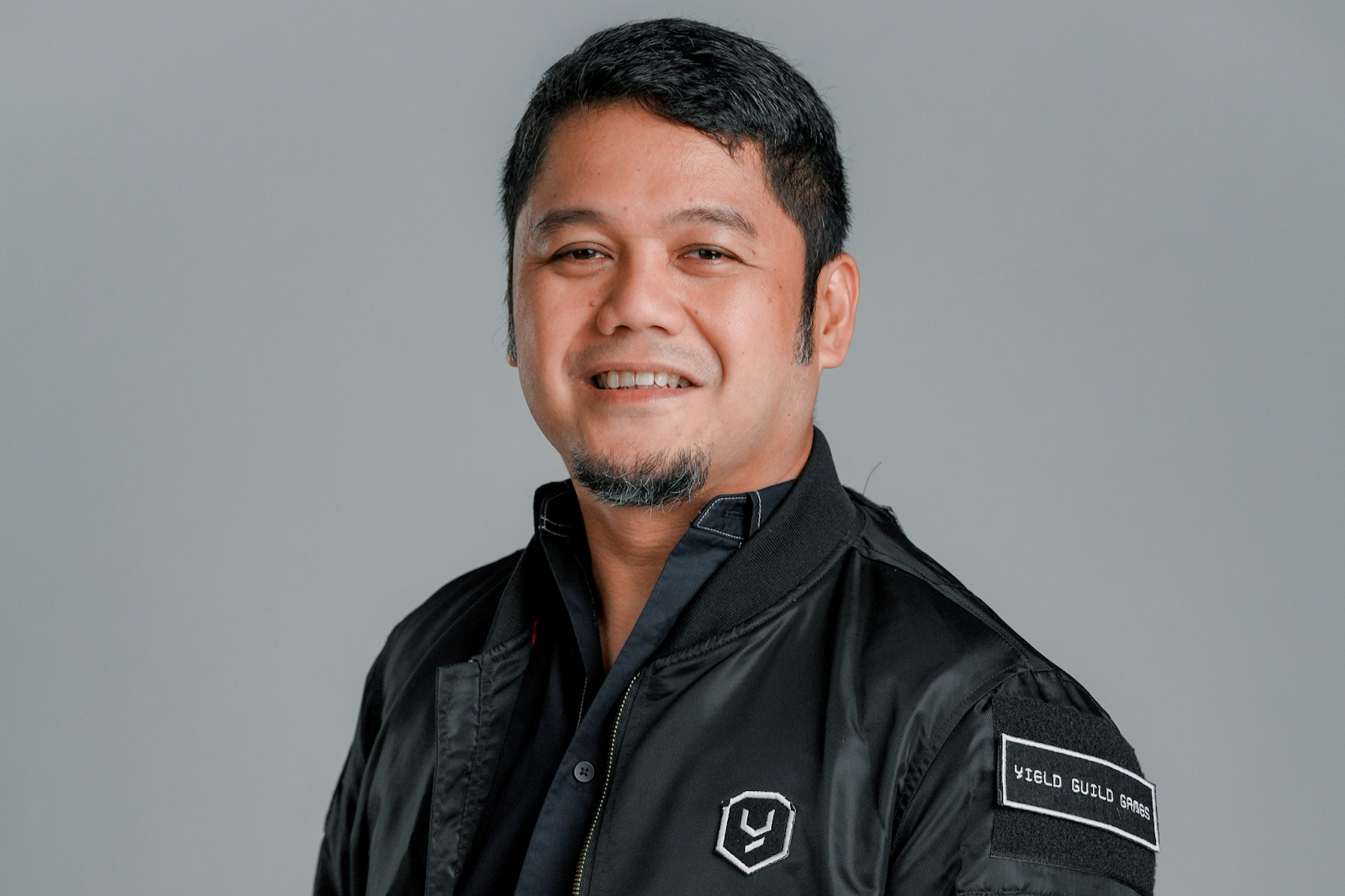
OpenSea: Gabby, let’s start with the news that recently made headlines: the LOL Land x Gigaverse collab. Players are enjoying a Gigaverse board inside LOL Land right now, and it’s all happening on Abstract Chain. How did the collaboration come about?
Gabby Dizon: We launched LOL Land a little over two months ago, and we wanted to have fun with the entire Abstract community. When you launch on a chain, it’s not just about the tech working; IP collaborations make the culture around the player base more engaging. We looked at the top games and wanted to work with Gigaverse. We clicked right away and planned a meaningful cross-IP collaboration, both on the front and back end. On the front end, we have the GigaLand board in LOL Land and LOL Land loot boxes in Gigaverse. On the back end, smart contracts enforce payments so that 50% of NFT mints on the GigaLand board go to Gigaverse, and 50% from the loot boxes go to YGG.
OpenSea: When you identified Gigaverse as an ideal partner, what was it specifically you liked? What were you looking for in a partner, and what was so appealing?
Gabby Dizon: Gigaverse is a very crypto-native game that’s been fun from day one. At first glance, it looks simple—it’s a rock-paper-scissors RPG—but they’ve built so many loops on top of that. When I tried it, I couldn’t stop playing. I kept coming back every day. I could see why the player base loved it.
OpenSea: Is it a requirement that you personally like a game before partnering? Do you test out every game?
Gabby Dizon: Not every single one, but we do select for quality. When I tried Gigaverse, I saw the quality immediately, so we went for it.
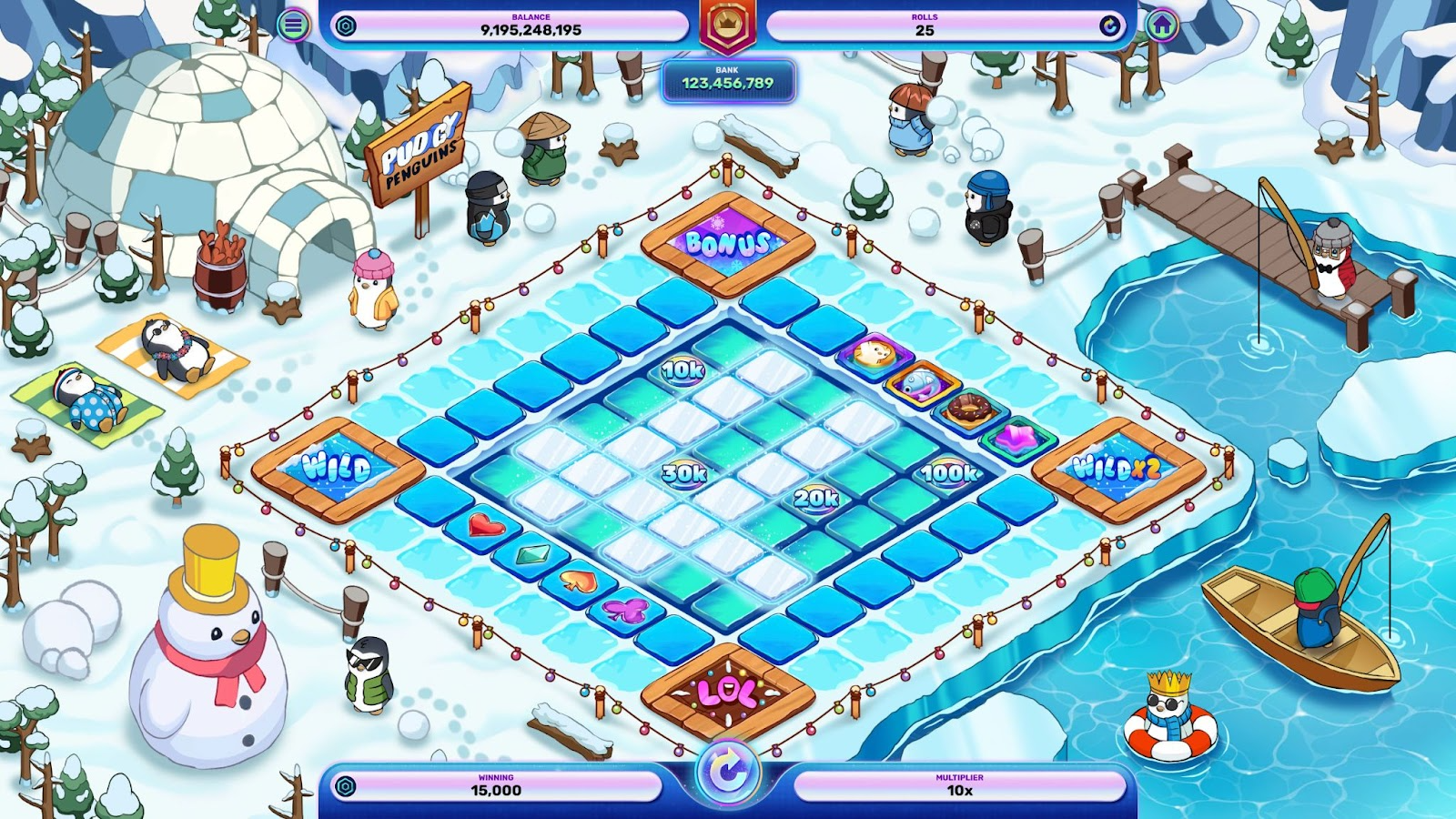
OpenSea: You said smart contracts were one of the things that made the web3 light bulb go off for you. What was that moment? Take us back to 2017.
Gabby Dizon: I’d heard about Bitcoin, but in the Philippines the main use case was remittances, which didn’t interest me as a game developer. The light bulb moment came when I realized you could move value inside game economies, something we’ve always had, and anchor it to real-world value outside the game. That was amazing. I learned through CryptoZombies, a tutorial on building simple games with smart contracts. Then at the end of 2017, CryptoKitties launched. They didn’t invent NFTs, but they popularized them, and that blew my mind. I thought, “This is the future of games.”
OpenSea: Coming from traditional gaming, were you surprised gamers didn’t immediately embrace NFTs?
Gabby Dizon: Gamers are passionate about their games, and every platform shift meets resistance. Console players resisted PC, PC players resisted mobile, paid mobile gamers resisted free-to-play, and now free-to-play players resist crypto. It’s normal. Eventually, a really cool game showcases the tech, and adoption follows. I expect crypto games to have the same arc.
OpenSea: What was your “gateway game,” so to speak—the one that got you hooked on web3 gaming?
Gabby Dizon: Axie Infinity in 2018. There were fewer than 500 people in the Discord. It was a niche game for people who liked Ethereum and wanted to experiment with what you could do with Ethereum and smart contracts in games. It wasn’t like today, where it’s a whole platform onboarding millions. Back then, it was a niche game in a niche industry.
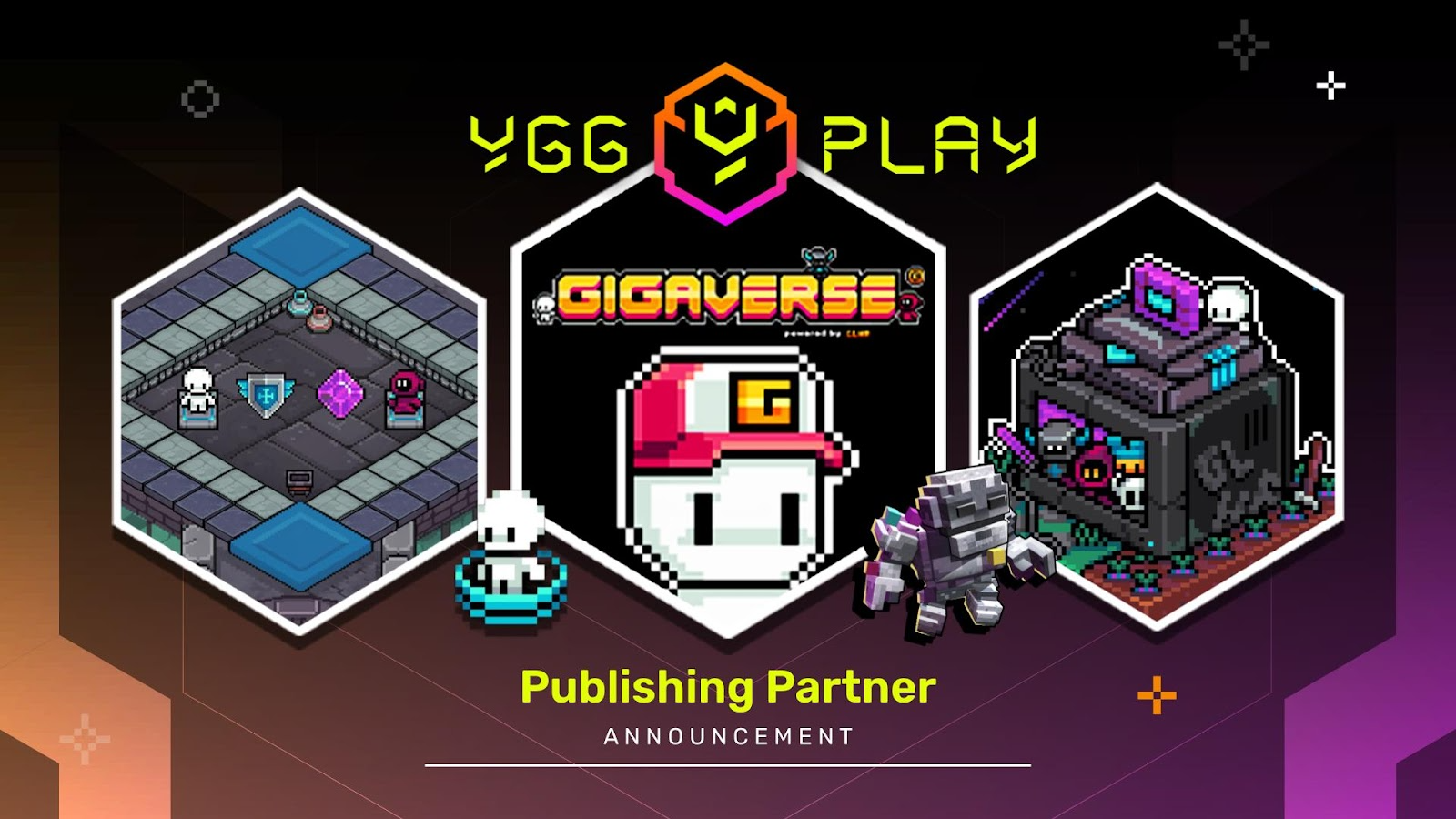
OpenSea: It feels so long ago, but also like it’s flown by. Today, Gigaverse has reportedly hit a $6M annualized run rate in just months, with no VC funding and no paid ads, correct? For anyone who thinks organic growth isn’t happening anymore in web3, what would you say? What’s driving this growth right now, in this market?
Gabby Dizon: The crazy thing is, Dith and his co-founder built Gigaverse while Dith was still working another job. When they launched, it took off so quickly he had to quit. It’s the indie developer dream. They weren’t bound by investor expectations or pressure to scale a certain way; they just poured creativity into the game, and it shows. The game’s doing incredibly well.
OpenSea: It’s interesting you call this a dream for developers. I remember attending a Crypto Monday event in New York back in 2021 and meeting a former developer who had just left a major gaming studio. The moment felt like a real groundswell. There was this energy in the room; developers were saying, “We’re not going to let studios dictate our creative direction or take our IP and monetize it without us.” It really did feel like a Cinderella moment or something.
Gabby Dizon: In web2, the publisher-developer relationship usually means the publisher owns the IP, even if you came up with it. They own the users, get paid by the users, and you only get royalties if you recoup the initial payment. With smart contracts, we can create fairer outcomes for everyone involved.
OpenSea: Let’s talk about the LOL Land–Gigaverse activation—it’s been running for just over a week. You’ve had streamers and KOLs participating, people like Elisa, YellowPanther, Icy, Raiden, and Storming all playing and streaming. How has the reception been so far, and how do creators help popularize these games?
Gabby Dizon: Creator-led marketing is crucial in crypto. You can’t rely on traditional performance marketing like Facebook ads when most people don’t have wallets. You have to meet them in channels where they’re already engaged, then let them try the game. We’ve been tracking performance through creator spend, and results have been strong.
OpenSea: How much do creator influence and visibility matter compared to the gameplay itself? And when you get feedback from KOLs and see the trends they’re spotting, how do you balance that with simply making a great game that keeps players coming back?
Gabby Dizon: The game itself has to be good first. But KOLs help bring more eyes to it. If you can build a strong community with creators from different backgrounds, player guilds, and so on the player base becomes more loyal. Working with creators is very important.
OpenSea: For this collaboration, what’s the most compelling gameplay element, the thing that keeps people coming back?
Gabby Dizon: Both games are fun on their own, but the authenticity of the IP makes this special. When people play the GigaLand board in LOL Land, it feels like they’re playing Gigaverse. That authenticity speaks to players and makes the experience genuinely exciting.
OpenSea: All right, now let's pivot and talk about Yield Guild Games. First of all, you guys were founded in 2020, is that right?
Gabby Dizon: That's correct.
OpenSea: You’ve described yourself as a “guild of guilds”—a decentralized network where each guild operates almost like its own local chapter. Can you walk us through exactly how this guild structure works? How did you conceptualize it, and has it evolved over the last couple of years?
Gabby Dizon: It's not something we really conceptualized; it’s something we discovered from playing these different games. This actually started back with Axie Infinity five years ago. Axie really started taking off in 2020 during the pandemic, when people stuck at home with nothing to do started playing. Natural leaders emerged who taught others how to play the game, and we saw that behavior. Rather than being a guild ourselves, we wanted to create a platform for these guilds to scale. That’s what we did—we helped different guilds grow, and that’s how YGG got started.
OpenSea: So how do the guilds work in practice?
Gabby Dizon: Each guild has a leader with specific in-game knowledge. Many of their members are local to them, and there’s a lot of training involved—how to play, how to use a wallet, how to get rewards. Players are essentially onboarded into web3 by playing. While UX can be a challenge, the community aspect smooths out many of those issues. Eventually, some members branch out, start their own guilds, and recruit players. That cycle has fueled our growth.
OpenSea: It’s almost like humans naturally self-organize without a centralized entity—we take it upon ourselves.
Gabby Dizon: Humans are very social beings. When driven toward a common goal, they gravitate toward organized community structures. There’s usually a leader, and if you don’t like that leader, you can join another guild or create your own.
OpenSea: How much has gaming taught you about human psychology?
Gabby Dizon: Even before being a game developer, I learned a lot from playing games like World of Warcraft—group structures, drama, leadership, conflict resolution. You see the whole spectrum of human behavior.
OpenSea: Even before YGG, you were changing behavior. At Altitude Games, which you co-founded in 2014, you famously solved the credit card adoption problem by letting players buy in-game items with prepaid mobile load. What was the friction you were solving, and how did you overcome it?
Gabby Dizon: In the US, it’s typical and you don’t even think about it to use a credit card for online purchases. Even a decade ago, it was streamlined. But in emerging markets like the Philippines, it was different. People wanted to pay smaller amounts—say, 10 cents in local currency instead of a dollar—and credit card penetration was only around 3%. That left a lot of the economy out of e-commerce and digital goods. So we partnered with a telco to let players pay for in-app purchases using their airtime load. Adjusting games to fit local payment customs was key.
OpenSea: Translating that to web3, since you’re no stranger to solving payment friction, what lessons did you carry over when onboarding someone to their first wallet?
Gabby Dizon: We use what we learned from mobile games and organizing guilds to bridge the UX gap. Now, creating a wallet is much easier—you can sign in with email, start playing, and get to the point where you receive your first crypto, whether tokens or NFTs. We combine communities, local payment points, and tokens people already use—like ETH, USDC, or USDT, which is especially common in Asia—to onboard as many players as possible.
OpenSea: Let’s pivot to the Blockchain Game Alliance (BGA). You are one of the founding board members. For anyone unfamiliar, what is it and who are some of the key players?
Gabby Dizon: The BGA started in 2018 as a nonprofit to promote the interests of blockchain games and their developers. I was one of the founding directors, and the current president is Sebastien Borget from The Sandbox. We’ve worked to make blockchain games more mainstream and to give developers the tools they need.
OpenSea: What kinds of needs are you addressing for developers?
Gabby Dizon: Things like: How do we do crypto payments and connect to fiat rails? What tools can we use? How do we market and grow our user base?
OpenSea: And stablecoins are becoming part of that conversation?
Gabby Dizon: Definitely. The rise in acceptance of USDC is huge. It allows instant cross-border payments without local payment rails, and no chargebacks, which can eat into profits when a buyer reverses a large transaction.
OpenSea: How often do chargebacks happen?
Gabby Dizon: It could be somewhere between 1% to 2%. But sometimes people will buy $500 worth of items in your game and then decide they don’t want to pay for it. And when that happens, there’s nothing you can really do. The credit card company almost always takes the side of the user, so you’re just out of luck.
OpenSea: So basically buyer’s remorse?
Gabby Dizon: Yeah, it’s like someone buying something from Macy’s and then wearing it to a party, then returning it.
OpenSea: And maybe people assume, “Well, it’s digital, so I’m not wasting anything.” Which is obviously a misconception.
Gabby Dizon: Might be, yeah.
OpenSea: Web3 moves in short hype cycles. How do you balance those with long-term vision?
Gabby Dizon: The core product vision has to be rooted in something timeless—in creating something that didn’t exist before. But how we bring it to market can shift with trends: partnerships, influencers, platforms, and IP collaborations.
OpenSea: If you could wave a magic wand to help YGG reach millions more people, what would you change?
Gabby Dizon: Universal acceptance of USDC.
OpenSea: And it actually seems possible.
Gabby Dizon: Yeah, and honestly, we’re already on our way there.
OpenSea: Here’s a fun one to end on: when you’re not working, what’s one game you keep coming back to?
Gabby Dizon: I love role-playing games, story-driven ones in particular. This year, Expedition 33 has been amazing. Last year, it was Baldur’s Gate 3. I just love playing those kinds of games.
OpenSea: So fun. Well, Gabby, it’s been great talking to you. I appreciate your time. And congratulations again on the collab. This was such a fun conversation. Take care and talk soon!
Gabby Dizon: Thank you, bye!
.png)


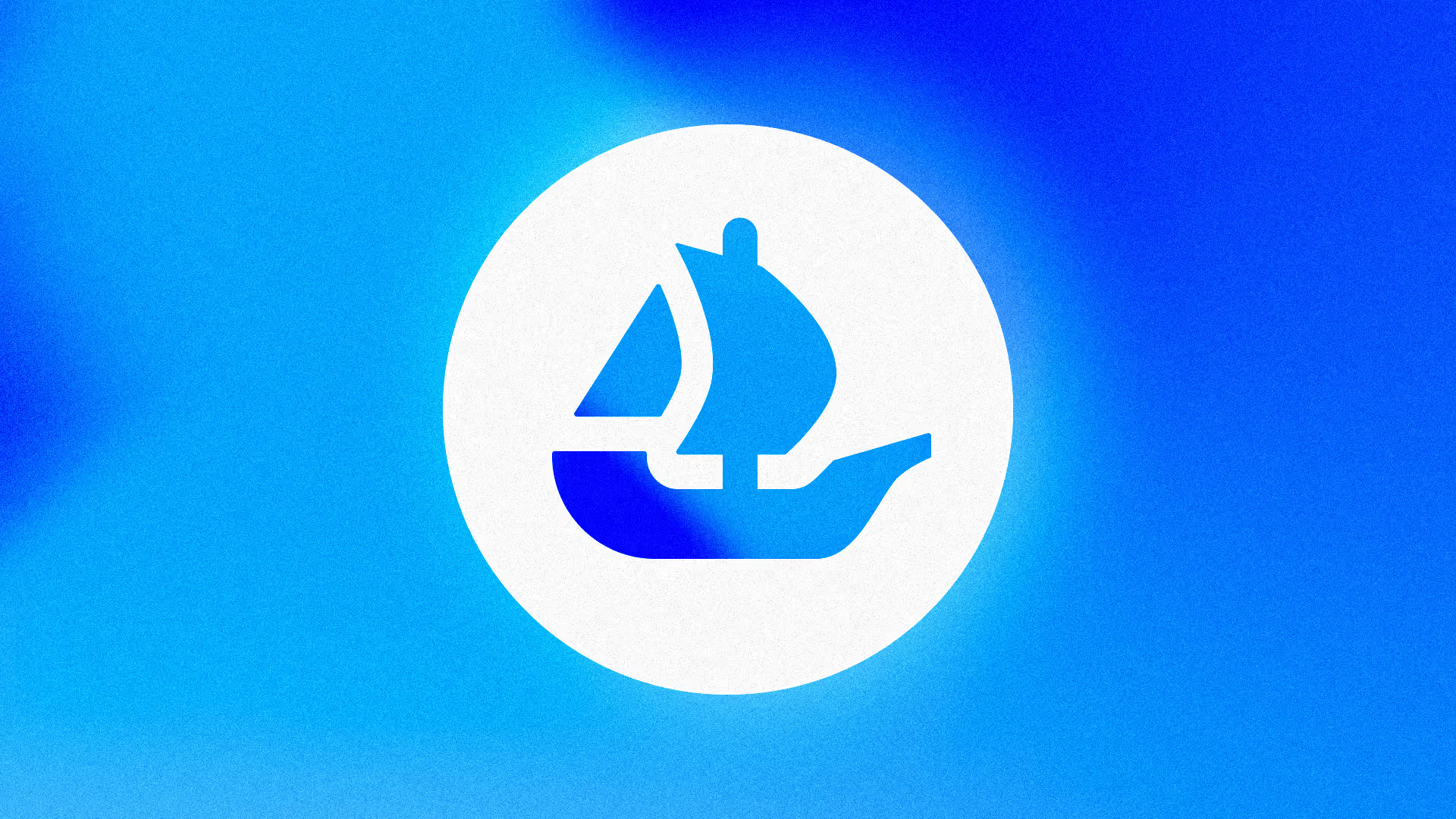
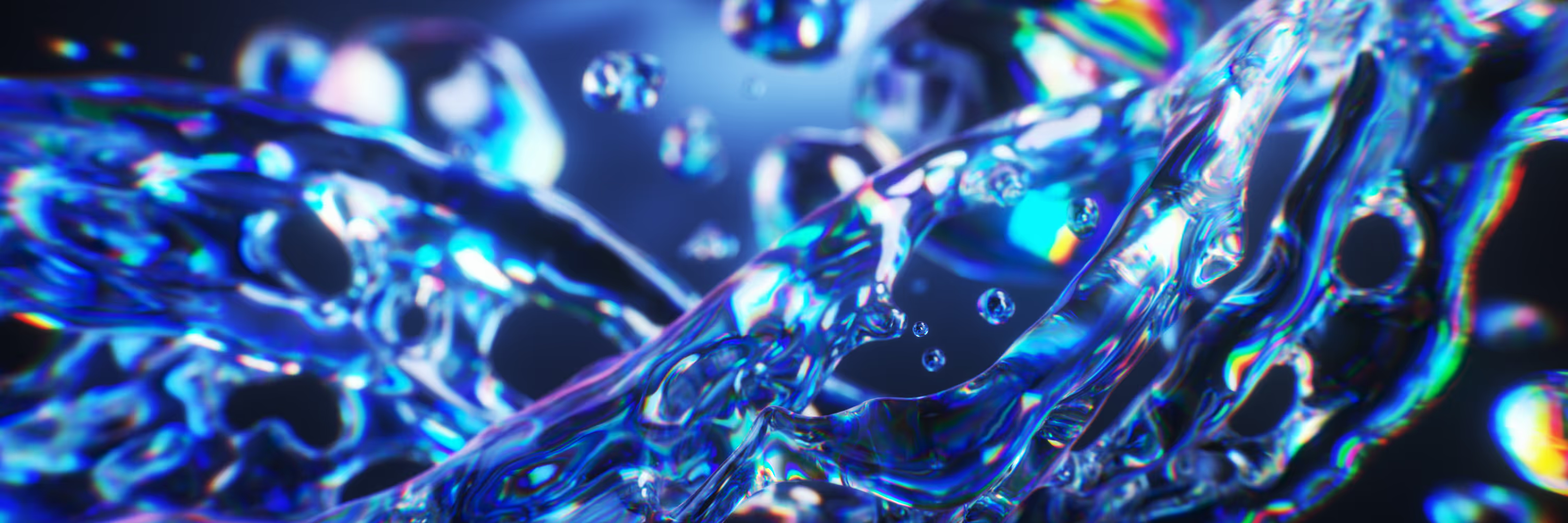
.avif)
.png)
.png)
.png)
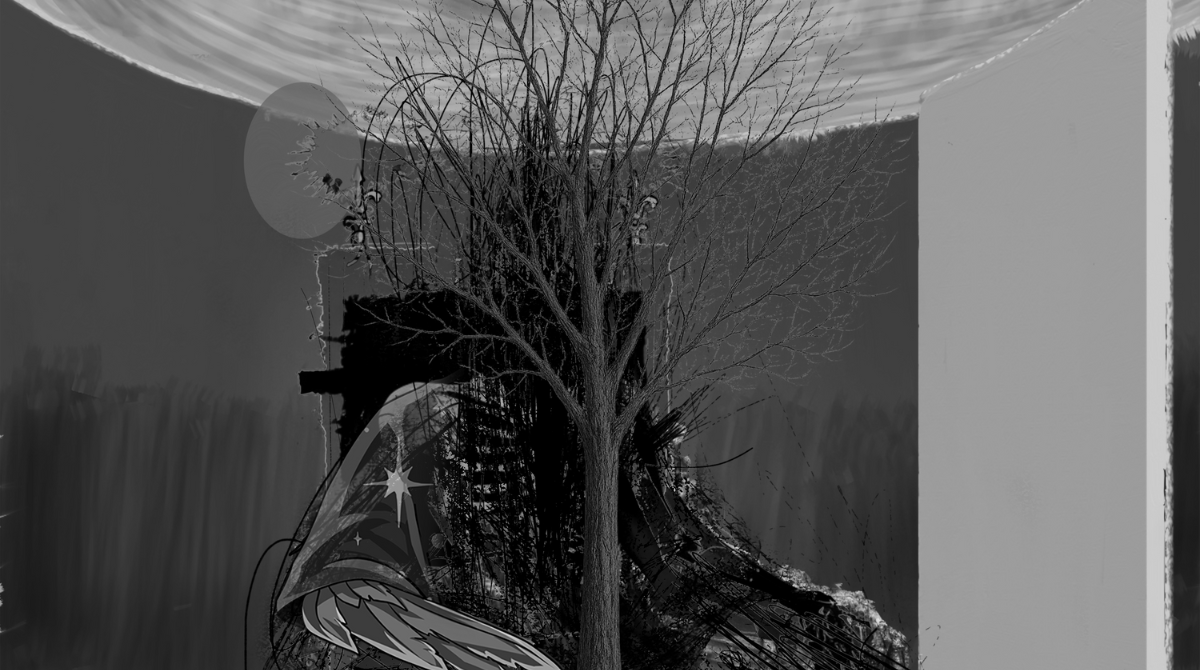
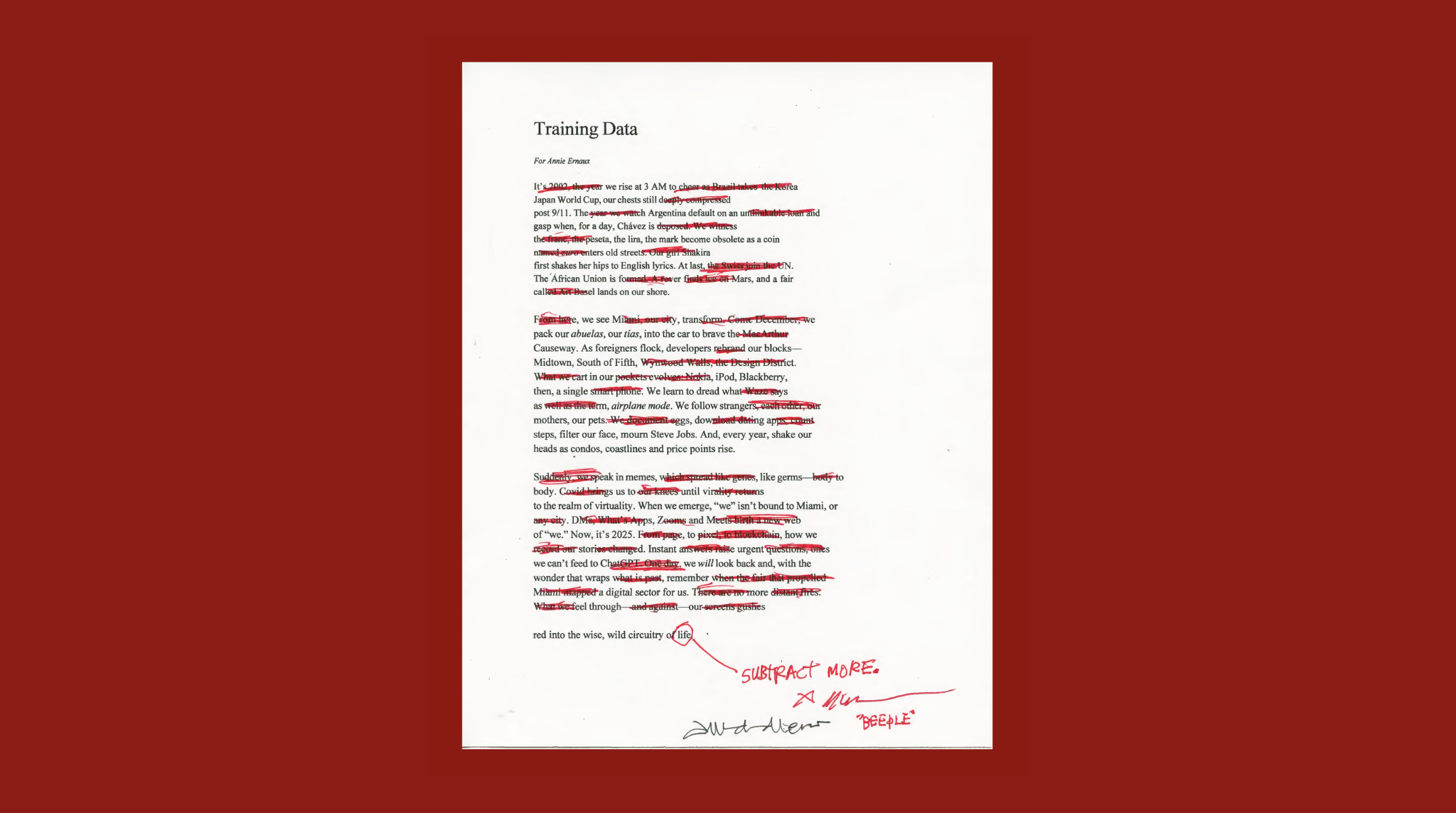
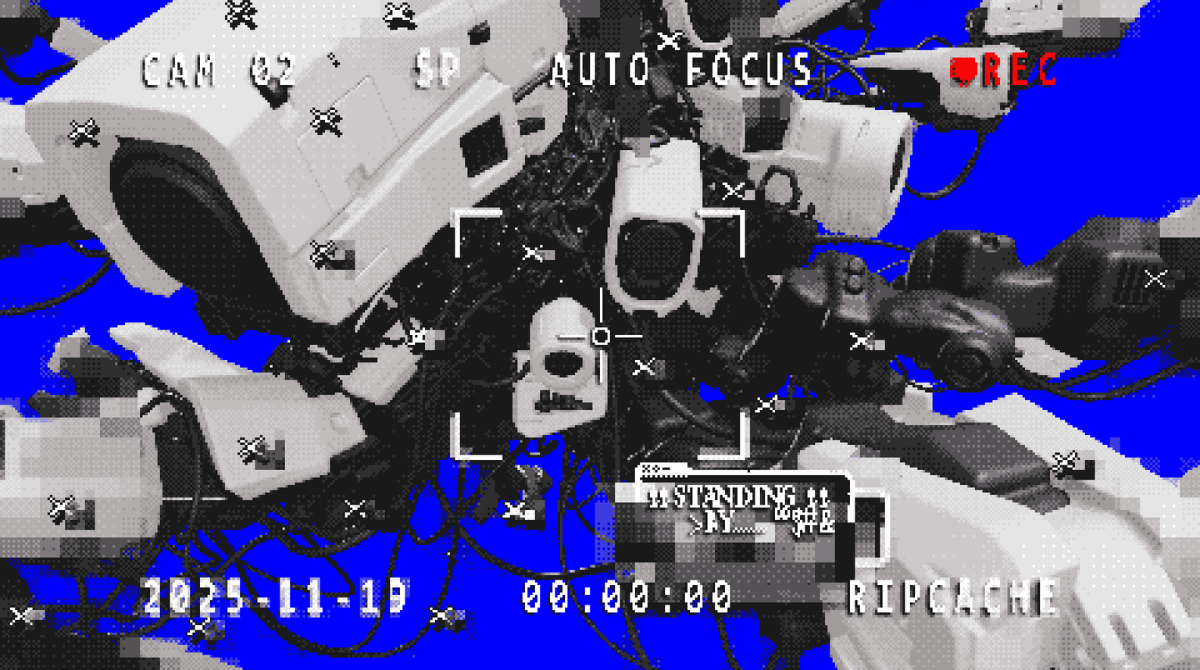
.png)
.png)